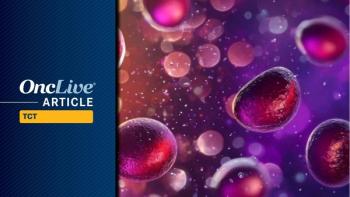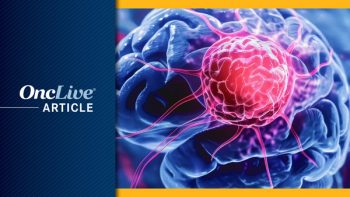
Response Data from the JULIET Trial in DLBCL
Transcript:
Stephen J. Schuster, MD: This week, the FDA approved tisagenlecleucel (Kymriah), for treatment of diffuse large B-cell lymphoma. Therefore, we now have the second CAR T-cell agent for treatment of patients with relapsed/refractory DLBCL.
The basis for approval were the results of the JULIET trial, and where I was the principal investigator. It was a very exciting study because it was global—there were 27 centers that participated, in 10 different countries, on 4 different continents. I was able to travel a lot and meet a lot of people, but I think the most important thing is that we demonstrated that this treatment approach can be administered globally. Whether in Europe, Asia, Australia, North America, this therapy could be successfully employed by physicians. You don’t have to be at the University of Pennsylvania on the early trial, that we already published, for this to be feasible. The results of this large study were almost exactly the same as the results of my own phase II study, which was the basis for development of the JULIET trial. It is really gratifying to see a multicenter trial, with many hands on it, end up with the same kind of results that I found in a very tightly controlled study run at our single institution.
The complete remission rate, which was similar, appears to be durable. In my own study, I published the 2-year follow-up last December in the New England Journal of Medicine, but now the longest follow-up is over 4 years. These remissions in large B-cell lymphoma are extending over 4 years. Extrapolating from that, to the similar response rates in JULIET, I think we’re going to see the same duration of response. The JULIET trial showed that just under 40% of patients were responding at 6 months, and based on my trial, I anticipate they will continue to respond for years. It’s difficult to exactly compare that with the Yescarta (or Kite trial), because the data are presented by pooling 2 groups of patients in different proportions than on the JULIET trial. If you pull out the equivalent patients, response rates are about the same—between 30% to 40% with durable remissions at 6 to 8 months and longer. I anticipate the same kind of long duration that I saw in my own preliminary study. Therefore, there are 2 trials showing successful therapy: the trial that led to axi-cel, or Yescarta, and the JULIET trial, which led to the approval of tisagenlecleucel, or Kymriah.
Transcript Edited for Clarity




































